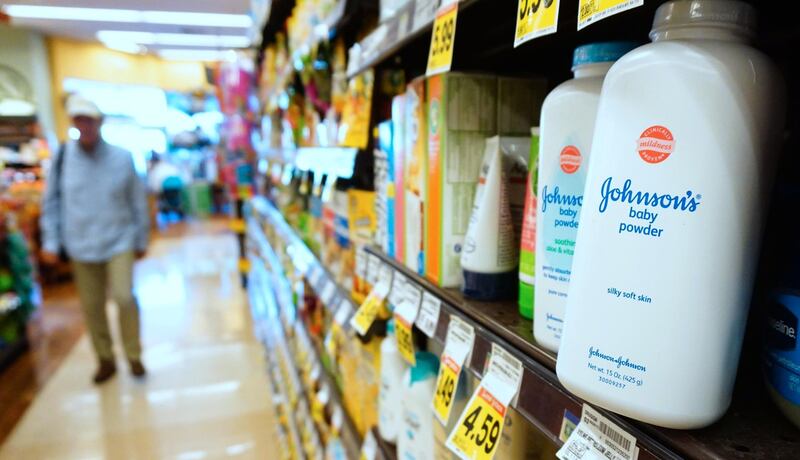Johnson & Johnson, the big pharmaceutical company that produces medical devices and consumer products such as the iconic Johnson's baby powder, is facing wide-scale litigation related to the safety of its talc-based products. The company, which has been defending itself in court since 2016, is in the spotlight again after Reuters published an investigative report on December 14 that has rattled investors and raised questions about how transparent the company has been.
What does the Reuters report say?
The report by the news agency maintains that as far back as four decades, the company knew and concealed that its products sometimes contained traces of asbestos. The mineral substance is classified as a carcinogenic that has been linked to ovarian cancer and other illnesses by the US Department of Health and Human Services, the US Environmental Protection Agency (EPA) and the International Agency for Research on Cancer, according to the National Cancer Institute.
J&J may face law suits to reach as high as $20 billion as a result of the findings, according to Bloomberg Intelligence analyst estimates. Prior to the Reuters report, J&J was ordered in July to pay $4.69bn to women who claimed the company’s products containing asbestos led to them developing ovarian cancer. The pharma company is also facing hundreds of millions of dollars in litigation related to artificial hips it sold that hurts patients.
What is asbestos?
Asbestos is a combination of silicate minerals whose fibres are resistant to heat, electricity, erosion and are used in cloth, paper, cement and plastic to make them stronger. However, these very characteristics also make asbestos highly toxic, as stated on the website asbestos.com that serves as an advocacy centre.
Because of its insulation properties, asbestos was commonly used as a building material. Asbestos fibres not visible to the human eye and lacking smell can be trapped in the human body and lead to illness over decades. When the fibre is inhaled it can damage lungs, says to the British Lung Foundation.
The EPA banned all new uses of asbestos in 1989. Asbestos is only allowed to be used in the United States as long as it does not exceed more than 1 per cent of the product.
How did the report affect J&J?
Shares of J&J plunged as much as 12 per cent on Friday before closing down 10 per cent, wiping out more than $45bn of the company’s market capitalisation.
How did J&J react to the report?
In a rebuttal statement, the company said the Reuters article is “one-sided, false and inflammatory”, adding that Johnson's baby powder is “safe and asbestos-free”. The company claimed studies show talc does not cause cancer or asbestos-related disease.
Despite findings, J&J said Reuters ignores tests by the company, regulators, independent labs and academic institutions that have shown its talc does not contain asbestos. The company also said the Reuters article overlooks the fact that J&J co-operates with the US Food and Drug Administration and other global regulators.





